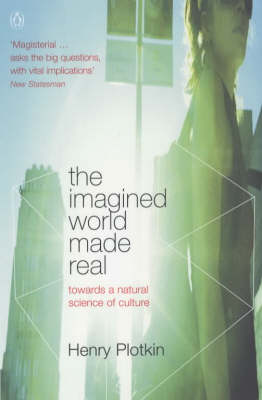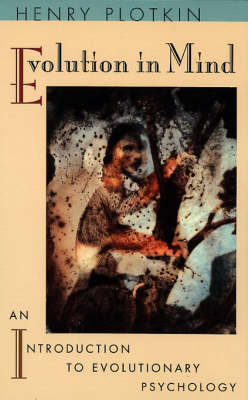Penguin Press Science S.
2 total works
Human beings are fundamentally creatures of culture. The ability to share knowledge, beliefs and skills is the defining characteristic of our species, and one of the most complex phenomena on earth. Our lives are dictated by the products of culture - such as marriage, money, nationhood - and even wars are fought over it. Science itself is a construction of culture and natural sciences are the most powerful forms of knowledge we have: from explanations of the origins of the universe to the molecular structure of life. So can the natural sciences be used to understand culture - or should this be left to the "human sciences": psychology, sociology and anthropology? Here, Henry Plotkin shows that natural science, in particular evolutionary theory, is in fact essential to exploring our culture. He illustrates how nature and nurture have intertwined in the development of human intelligence from its earliest beginnings. And how by fusing the biological and social we can achieve a "natural science of culture": one that reveals human culture as the extension of processes that are actually billions of years old.
In this overview, Henry Plotkin describes the new rapprochement called 'evolutionary psychology.' He examines how such a powerful theory as Darwinism could have been disregarded by much academic psychology and shows why the relationship between the two must be readdressed. The theory and data of evolutionary biology and animal behavior can illuminate many of our most basic mental processes and activities: language learning, perception, social understanding, and most controversially, culture and the sharing of knowledge and beliefs. Ranging from the nature-nurture question, which has bedeviled philosophers and scientists for thousands of years, to recent debates about the mind's structure, Evolution in Mind demonstrates how an evolutionary perspective helps us understand what we are, and how we got that way.

